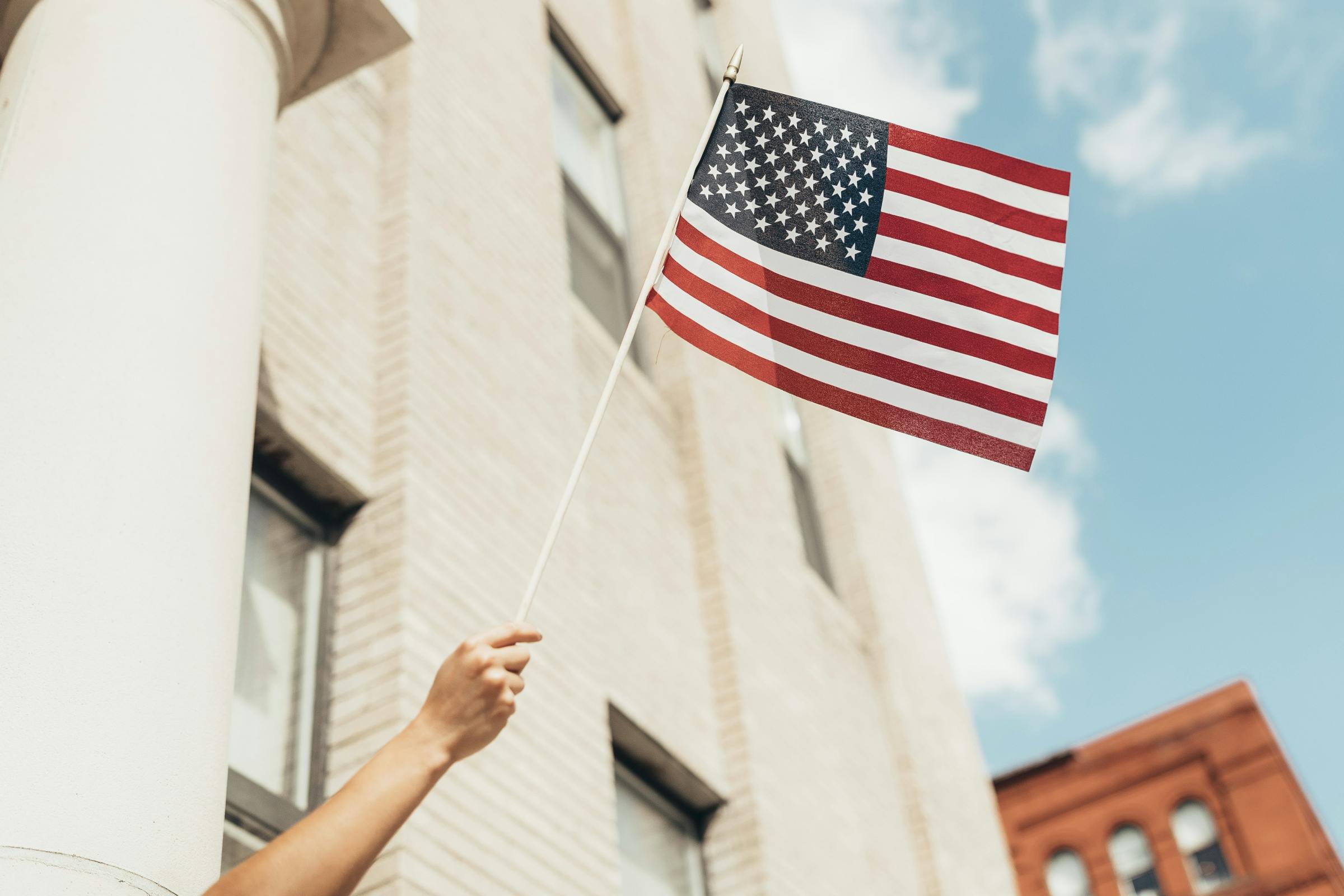It All Starts With Understanding the EB-2
While EB-2 visas and national interest waivers are often discussed together, as they are now, the two are not the same thing. The EB-2 stands on its own as an employment-based visa category. It’s for Second Preference visa applicants who have advanced degrees (masters or higher) in the arts or sciences. These applicants also have approved I-140 petitions from an employer verified by the Department of Labor, evidence of their education and certifications or proof of exceptional abilities in said field, and a DOL Labor Certification.
The reason the NIW is tied with the EB-2 so often is that meeting NIW status begins with similar requirements. The applicant must have an advanced degree and evidence of their education and experience or exhibit exceptional abilities in their field. However, significant experience doesn’t mean the applicant will qualify as someone who holds a national interest to the US government.
Qualifying for the NIW Versus the EB-2
The National Interest Waiver reduces the wait time for the EB-2 because applicants can sponsor themselves. Since they don’t need to have a labor certification from the DOL, they can apply for the EB-2 visa, then request an NIW.
While that’s a tempting reason to skip the traditional route, those considering an NIW must understand the downside to this process. Your proposed endeavor — your reason for convincing the government that they should approve your waiver — must be of national importance, and you must demonstrate that you’re in a position to further the proposal. Only you and your attorney can argue your case, and you’ll need to establish a watertight argument.
But should you choose to apply for an EB-2 instead, you’ll have a greater chance of approval. These visas undergo less scrutiny from USCIS, and your sponsor completes the paperwork and covers all fees. The disadvantages of an EB-2 are the longer processing times and lack of self-sponsorship. But if you’re not in a hurry, these are minimal cons.
Electing to apply for an NIW eliminates the need to find a potential employer willing to sponsor you and cover the fees. The processing time is cut short by months or longer. The cons to this are that you must pay for all fees yourself, which can be expensive. The odds of rejection are high, as proving your case is challenging.
You can increase your chances of approval by hiring an experienced immigration attorney, like those of us at Visa2US. While this does increase your upfront costs, it also boosts the potential of acceptance and maximizes your fee investment. If your NIW is denied, you don’t get a refund.
What’s Next?
While it’s true that the path to a National Interest Waiver attainment is challenging, it’s not impossible. If you think you have what it takes to impress the United States government, Visa2US wants to help you prove your case.
We’ll put together an airtight case, complete with supplementary documentation and evidence, to aid you in convincing the USCIS officers that you are of the utmost importance and of national interest, and they should waive your job offer requirements. Contact us 24/7 to get started.














